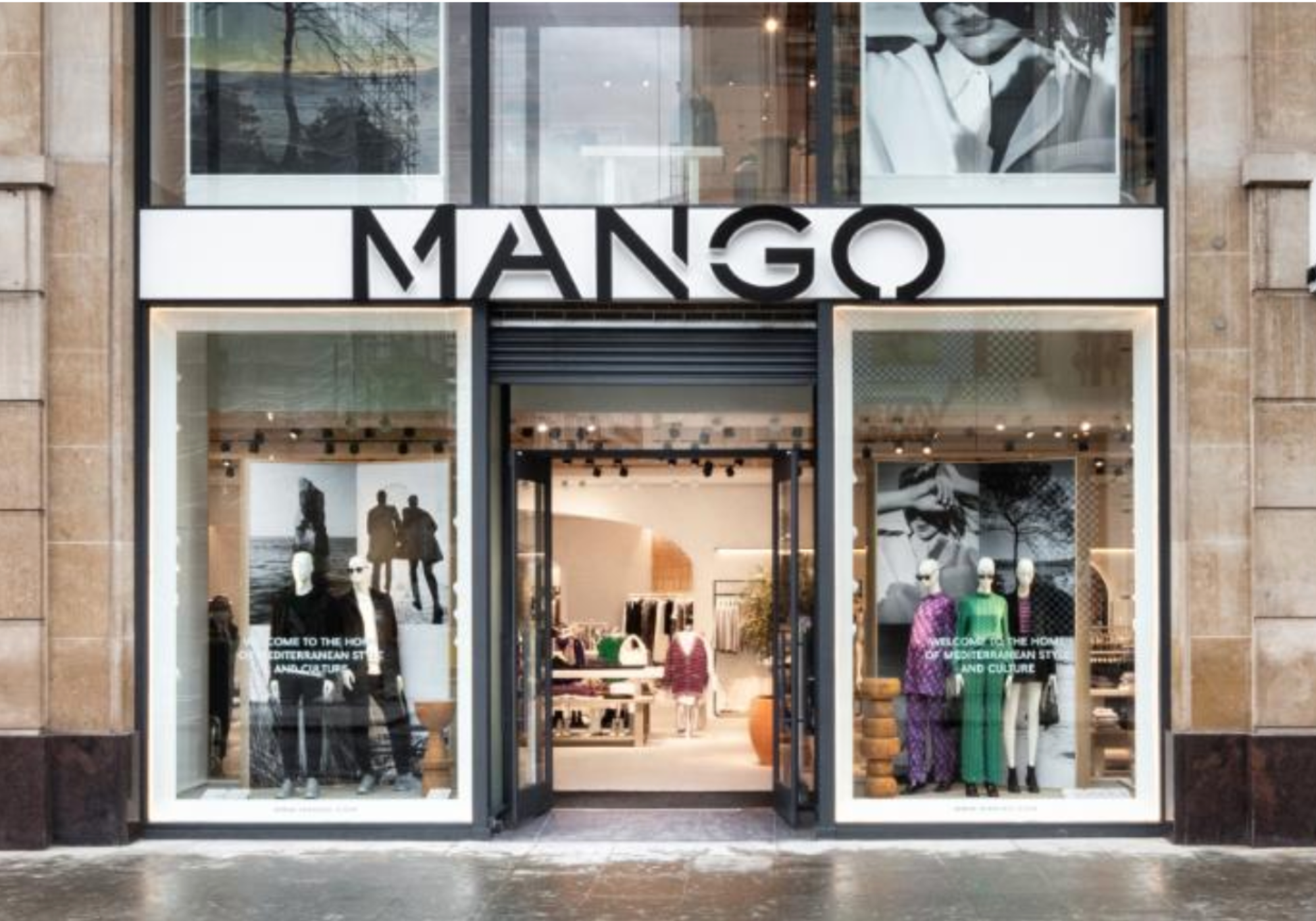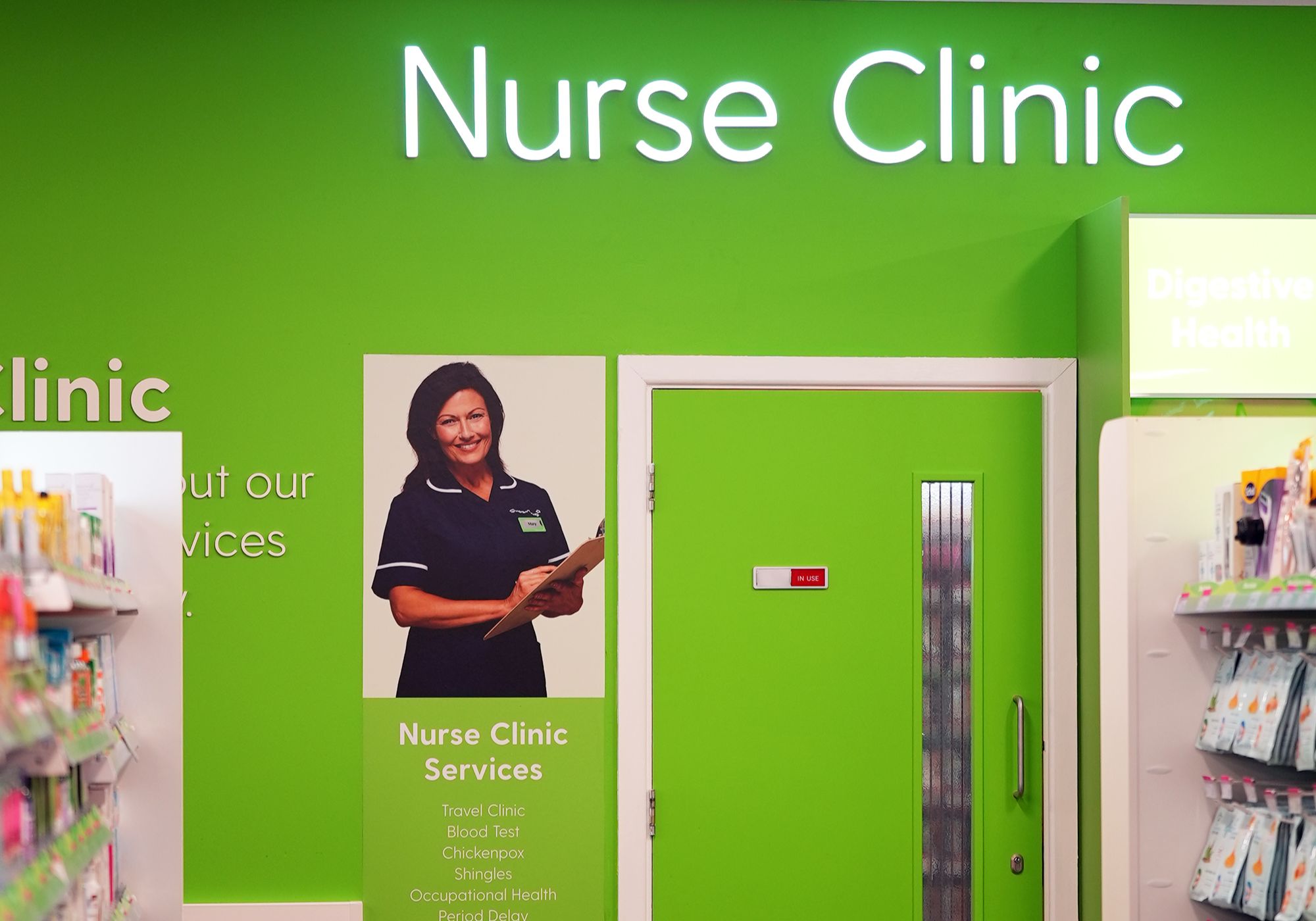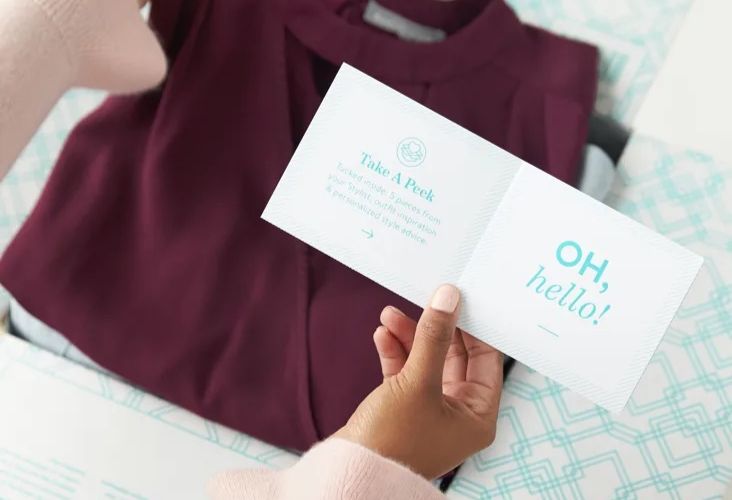We report on how shoppers are buying – and retailers selling – in the run up to Christmas.
Amazon reports record breaking UK Black Friday weekend sales
Amazon says that its UK Black Friday and Cyber Monday events broke records this year. Categories that performed particularly strongly included homewares, toys and beauty. Amazon’s Fire TV Stick and Echo Dot were individual bestsellers, and it says that more than half of the goods sold came from the more than 65,000 small business selling partners who sell via its marketplace.
John Boumphrey, Amazon.co.uk country manager, says: “We were delighted to see how many customers shopped deals from small businesses selling on Amazon, as well as using the Small Business Gift Finder. This year more than half of sales from Black Friday through Cyber Monday worldwide were from independent selling partners, most of which are small and medium-sized businesses. It was also great to see customers using AmazonSmile so that when they shop, Amazon gives to the charity of their choice. This makes Black Friday good for small businesses, good for charities and good for customers who are getting ready for Christmas.”
The retailer’s Black Friday Live event ran online and offline over last weekend.
The Omicron effect on peak trading
The Omicron Covid-19 variant could push shoppers online to buy this Christmas – increasing pressure on supply chains that are already under strain, one delivery specialist suggests.
Shoppers are likely to be wary about the increased risk from what initially seems to be a more transmissible strain of the virus, says David Jinks, head of consumer research at ParcelHero, That, he says, is likely to mean shoppers become more cautious about visiting high streets.
“Last year,” says Jinks, “the closure of non-essential stores during November’s lockdown forced people to do much of their Christmas shopping on the web for the first time. Online Christmas spending grew from ‘only’ £22.28bn in 2019 to £35.26bn in 2020, while physical stores saw a huge fall from £60.85bn in 2019 to £44.44bn in 2020, according to figures from Statista. That made it the high street’s worst ever holiday season.
“We don’t expect the return of a pre-Christmas lockdown again this year, but shoppers are having to adapt to wearing masks in stores again and are becoming more careful about having contact with other people. That means more Brits will be ordering online and sending gifts by couriers and delivery networks rather than delivering them in person.”
Last year, he says, UK shoppers spent £79bn on presents and food, of which 44% was spent online. That figure is expected to rise to £84.7bn this year with online sales level with Christmas 2020.
“In some ways,” says Jinks, “this is good news for online retailers – and store retailers with a strong website. However, given ongoing driver shortages, ports delays, and supply chain issues, a further surge in online orders may be the straw that breaks the camel’s back.
“For some weeks, we have been urging retailers to bring forward their final online order dates for Christmas. This week, quite a number heeded our call. Given the current strain on delivery services and the arrival of the new Omicron variant, we won’t be surprised if even more retailers bring forward their final order dates as Christmas nears.”







